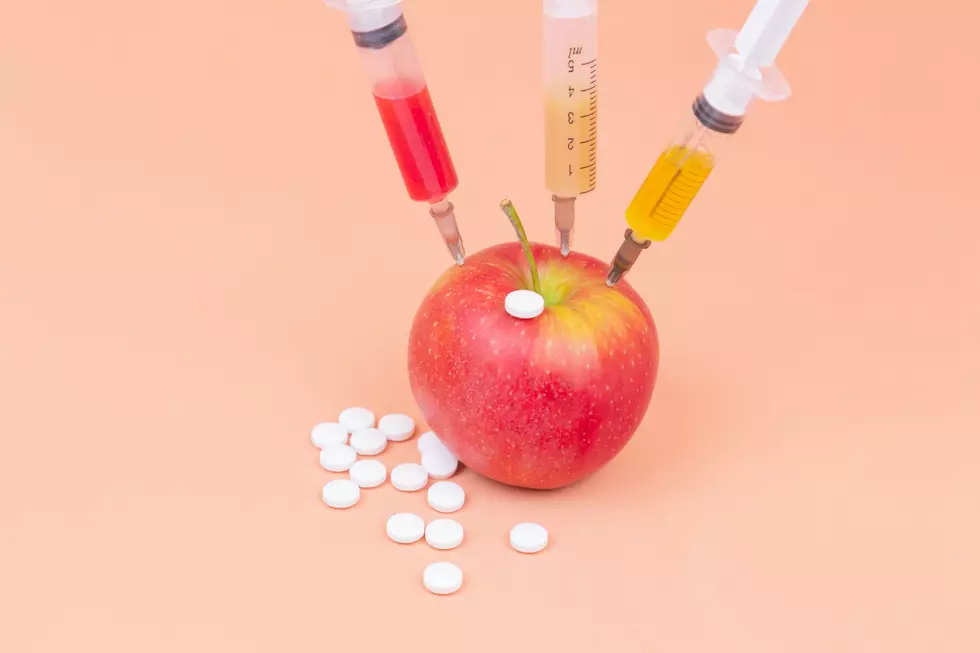
3 Everyday Activities in Texas That Can Make Your Allergies Worse
Did you know that over 32 million Americans have food allergies? While some folks may just notice a tingle in their throat, others have the terrifying symptom of anaphylaxis when one of these food items ends up on their plate. Interestingly enough, even if your symptoms are minor, there are certain everyday activities that can exacerbate these side effects, and you likely do at least one of them every single day.
Dr. James Tarbox, an allergist and immunologist with Texas Tech Physicians, notes that all three of these common tasks "lower your threshold to have a severe reaction." A person's 'threshold' refers to "the maximum amount of an allergenic food that can be tolerated by a specific food-allergic individual." Therefore, if you have known food allergies, it's important that you be aware that these three activities can trigger a potential negative response.
1) Drinking Alcoholic Beverages
"With alcohol, you're increasing the blood flow to your GI tract, which allows for a quicker and greater absorption of the allergen into your body," Dr. Tarbox noted. What this means is that your reaction can become more severe than in previous instances and the symptoms can occur much sooner.
Unfortunately, alcoholic beverages are normally paired with your meal, making this scenario much more likely.
Thus, when trying new food items, it's always best to have antihistamines on hand just in case a reaction occurs. Additionally, if you have been prescribed an epinephrine pen, always keep it on your person. Moreover, if certain foods have caused your throat to feel itchy or tingly in the past, it is safest to avoid these items, especially when drinking adult beverages.
2) Exercising
"With exercise, it's the same thing. You are increasing your circulation, which increases the amount of the allergen getting into your body," Dr. Tarbox stressed.
Surprisingly, researchers have "found that physical exercise after [allergen] intake markedly decreased the threshold by 63 percent compared to a food challenge with [the allergen] at rest."
What does this mean? By exercising, you greatly reduce the amount of the food that is necessary to trigger a reaction. Therefore, be careful what you choose for your post-workout meal.
3) Taking Aspirin
Finally, Dr. Tarbox noted that "with aspirin, you start releasing more molecules that will cause you to have a more severe reaction." The same study mentioned above found that with aspirin, the likelihood of a reaction is even greater -- "the impact of aspirin was even more pronounced at 83 percent."
Food allergies can be extremely serious, so if you notice a reaction take the time to speak with your doctor about the best treatment options and whether or not it is safe to continue consuming these foods. More importantly, if you experience a severe reaction, seek medical assistance immediately. Lastly, remember that most fruits and vegetables are part of a family of plants. If you're allergic to one item, you could be allergic to other items in this grouping.
Top 10 Fascinating Facts About Pumpkins
14 Acts of Kindness to Try This Fall Season
The 12 Most Breathtaking Views in Texas
More From 103.1 KKCN









